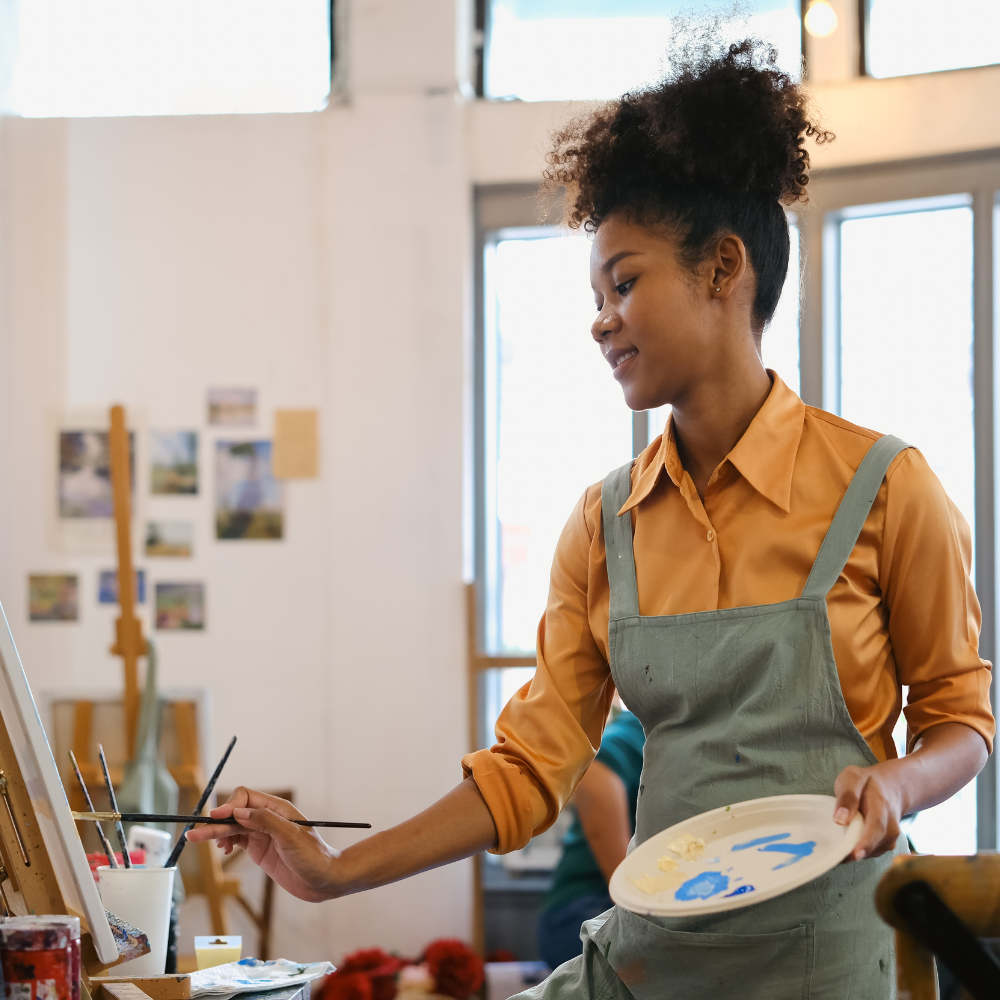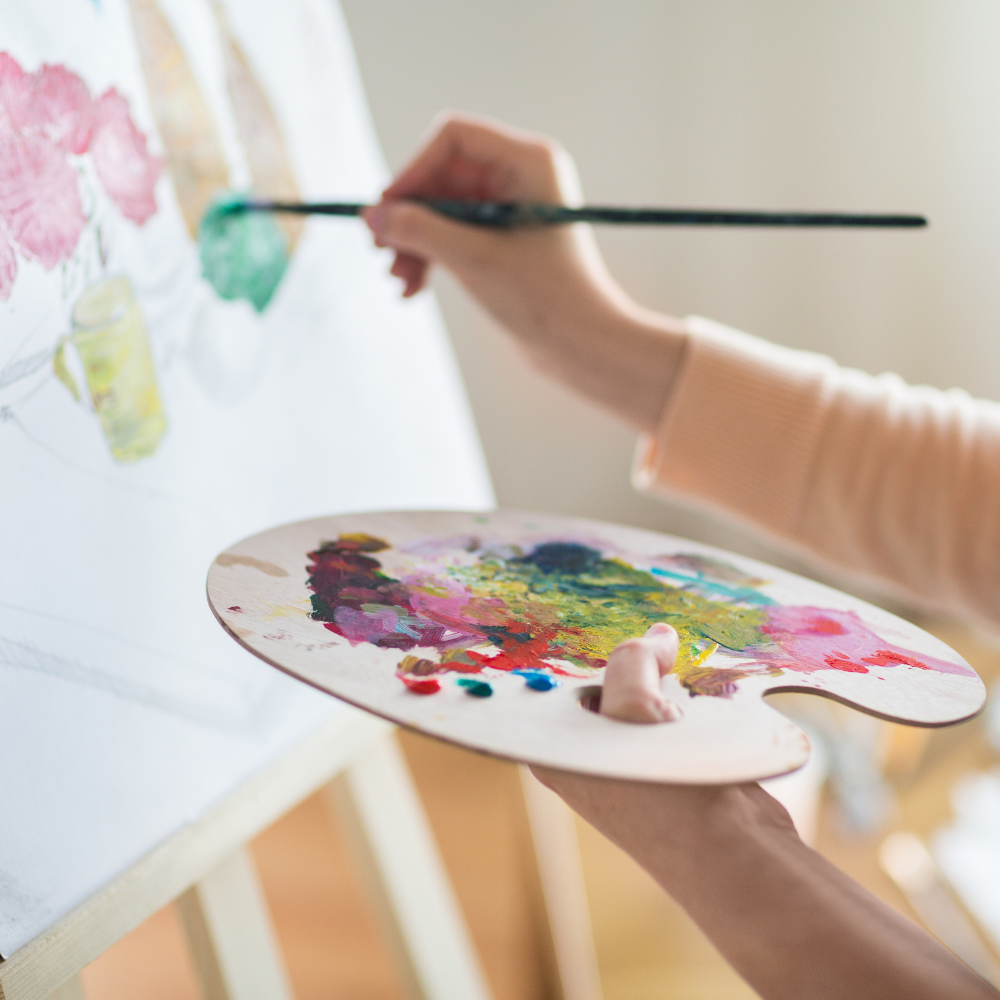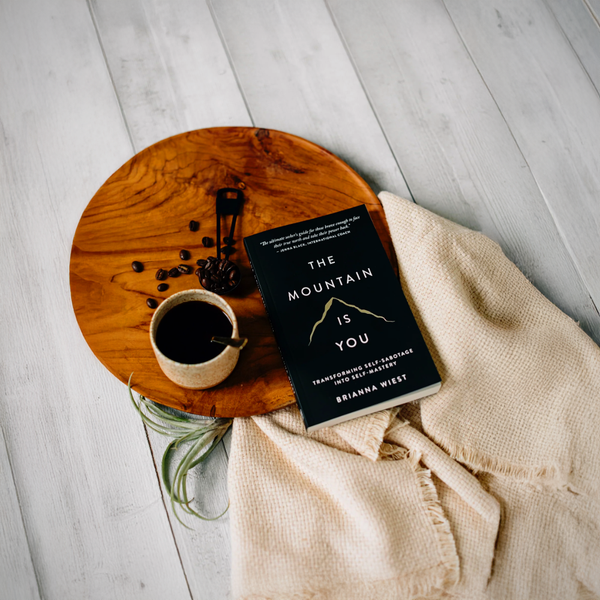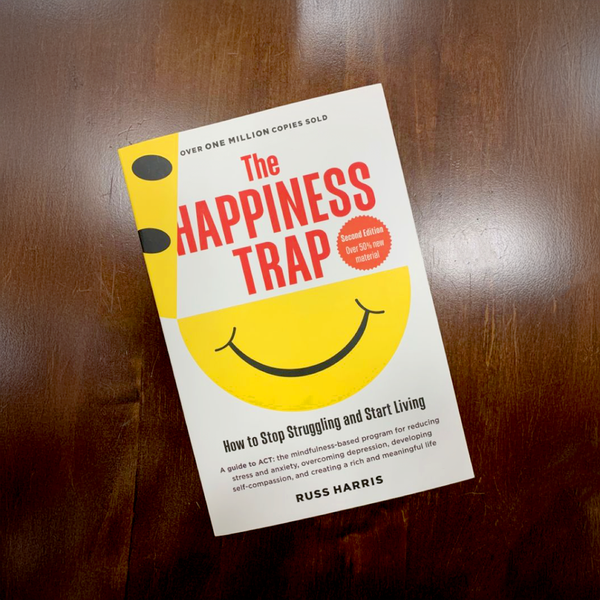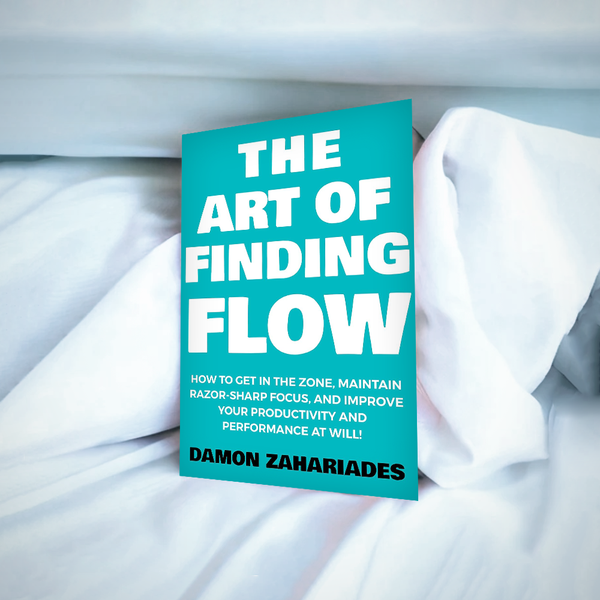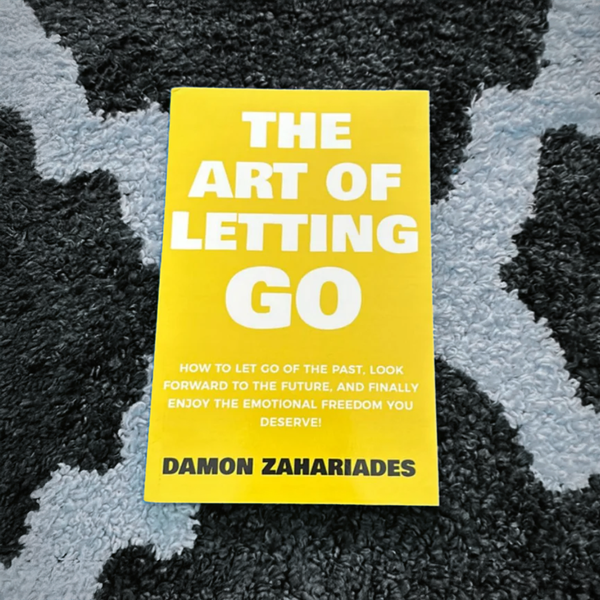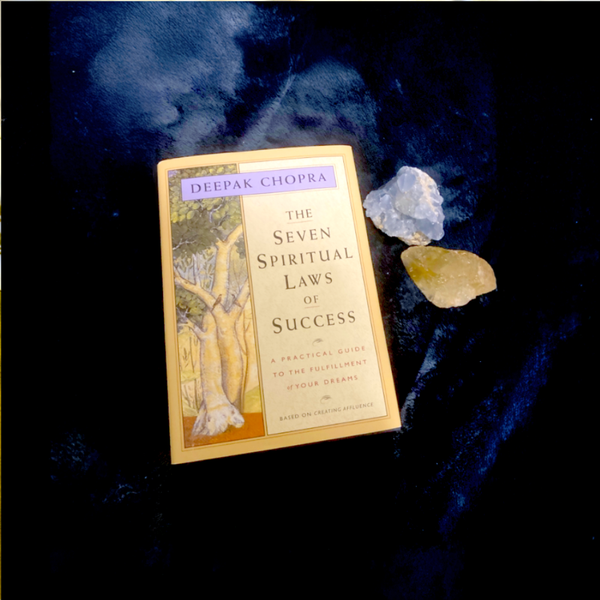Are you an artist looking for ways to take your creative talent to the next level?
Do you want to become a pro at creating content and exploring the world of art in all its forms?
Being creative is a skill that many people wish they had, but only a few are capable of nurturing and exhibiting it confidently.
Are you one of those who struggle in finding their creative side?
Don't worry; we got your back!
In this post, we'll dive into the depths of nurturing your creative talents and becoming the next content creator pro!
With this vivid and informative guide, you'll find all you need to know about how to nurture your creative spark, develop it into something beautiful, and stand out from the crowd as a leading voice in the world of the arts.
Whether you are a beginner dipping their toe into creating content or a highly-skilled, seasoned professional brimming with ideas, this guide has something special just for YOU – so get ready for your journey into creativity!
Discover how to unleash the hidden artistic talent within and become a sought-after content creator with these strategies and ideas; it's time to make your mark on the world and show everyone what you’ve got!
Unlocking creativity can be tricky business, but these tips and tricks are sure to ignite your imagination and take your skills to the next level!
Well, buckle up, because we're about to embark on an exhilarating journey into the world of creativity.
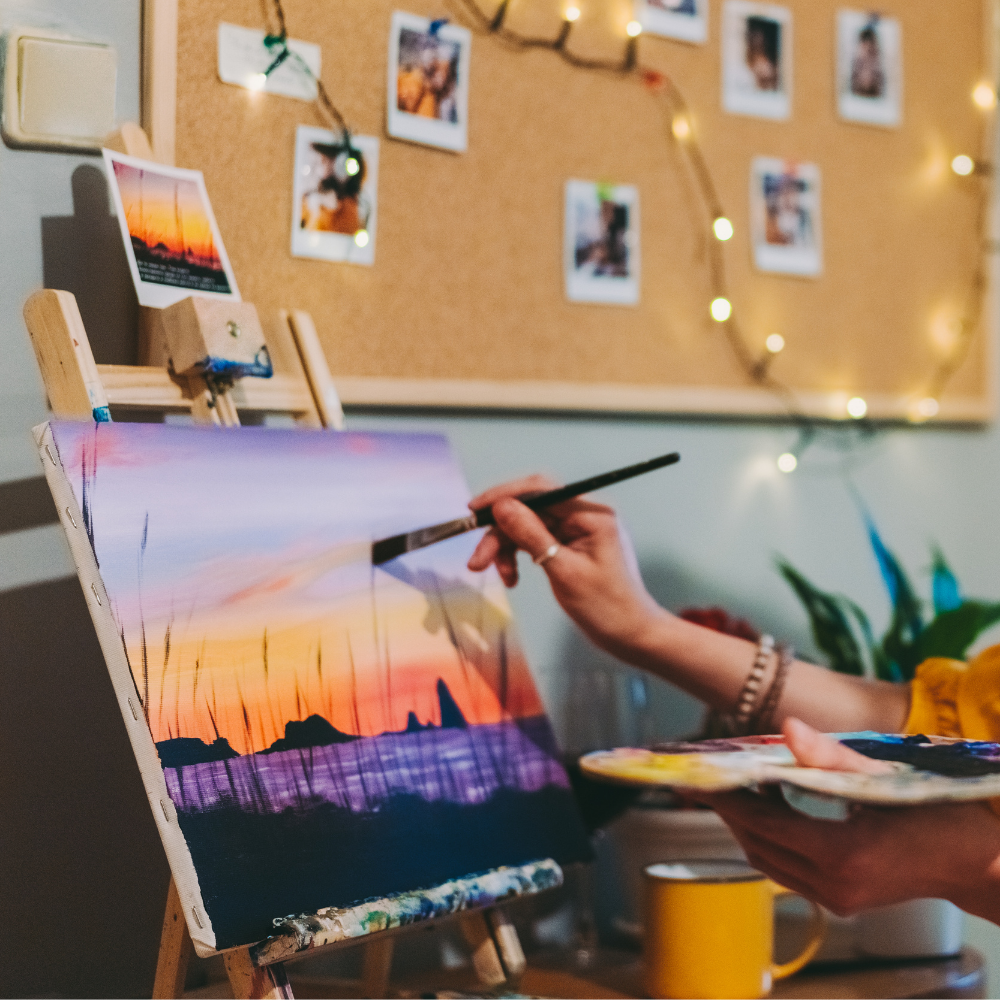
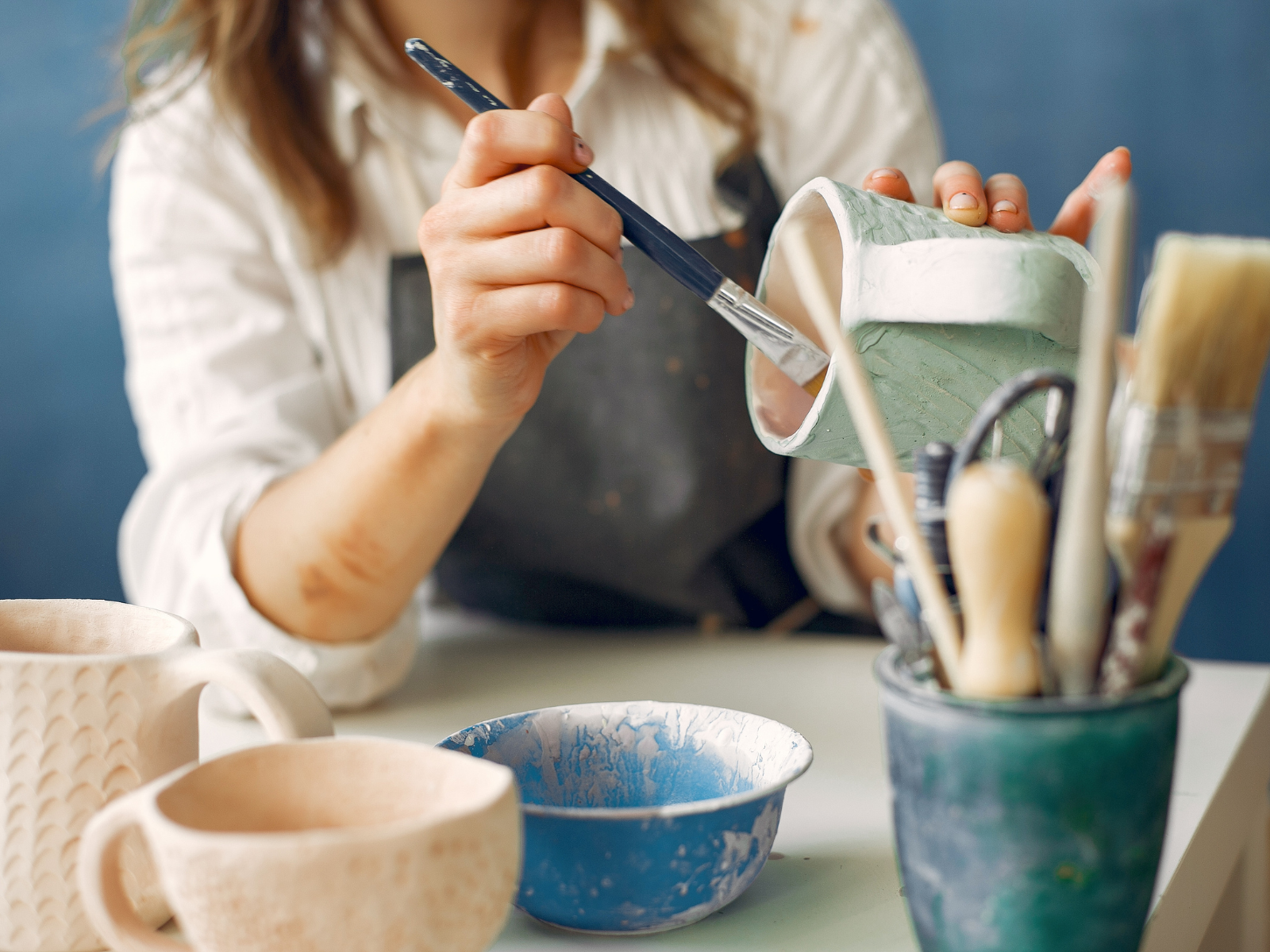

Discovering Your Creative Expression
First things first, let's debunk the myth that creativity is a gift bestowed upon a select few.
Pfft, as if!
Creativity is like a muscle - the more you flex it, the stronger it gets.
So, whether you're a closeted Rembrandt or a shower singer with dreams of the Grammy's, it's time to roll up your sleeves and dive headfirst into the pool of imagination.
Creativity comes in many forms - from painting a canvas to writing a novel, composing a symphony, or inventing a groundbreaking technology.
Everyone has the potential to be creative, and with the right tools and techniques, you can unlock it.
The best way to do this is by experimenting with different mediums.
Begin by exploring different mediums and forms of expression, and don't limit yourself to traditional routes; remember, creativity thrives on curiosity and exploration.
Try your hand at pottery, write a short story, learn a musical instrument, or even design a video game.
Immerse yourself in diverse experiences, as these can often ignite the spark of creative inspiration.
Whether it's painting, writing, photography, or styling - find something that sparks your interest and let loose!
Not only will this process help you develop a better understanding of your craft, but it will also give you the confidence to take risks and push yourself further.
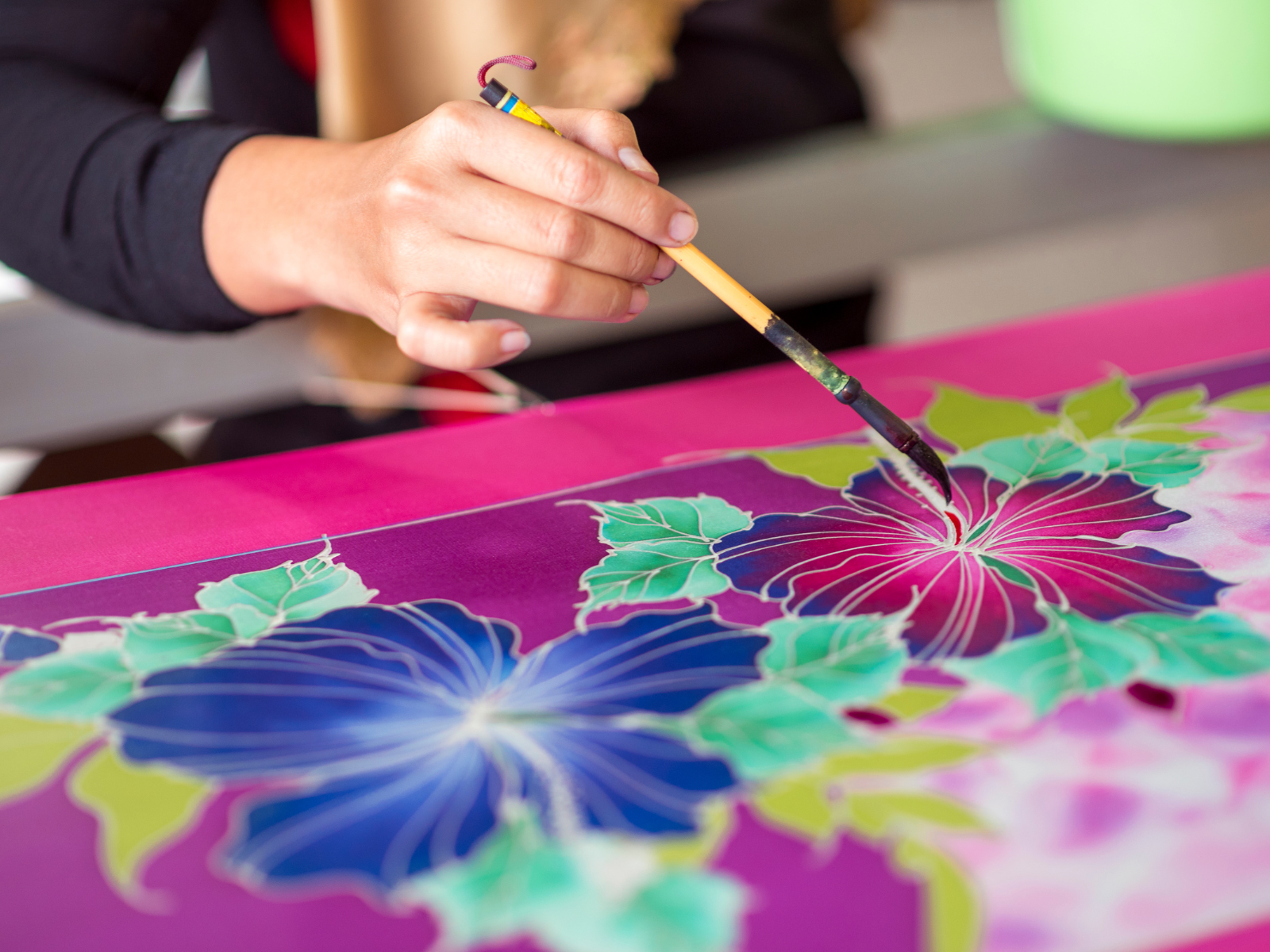
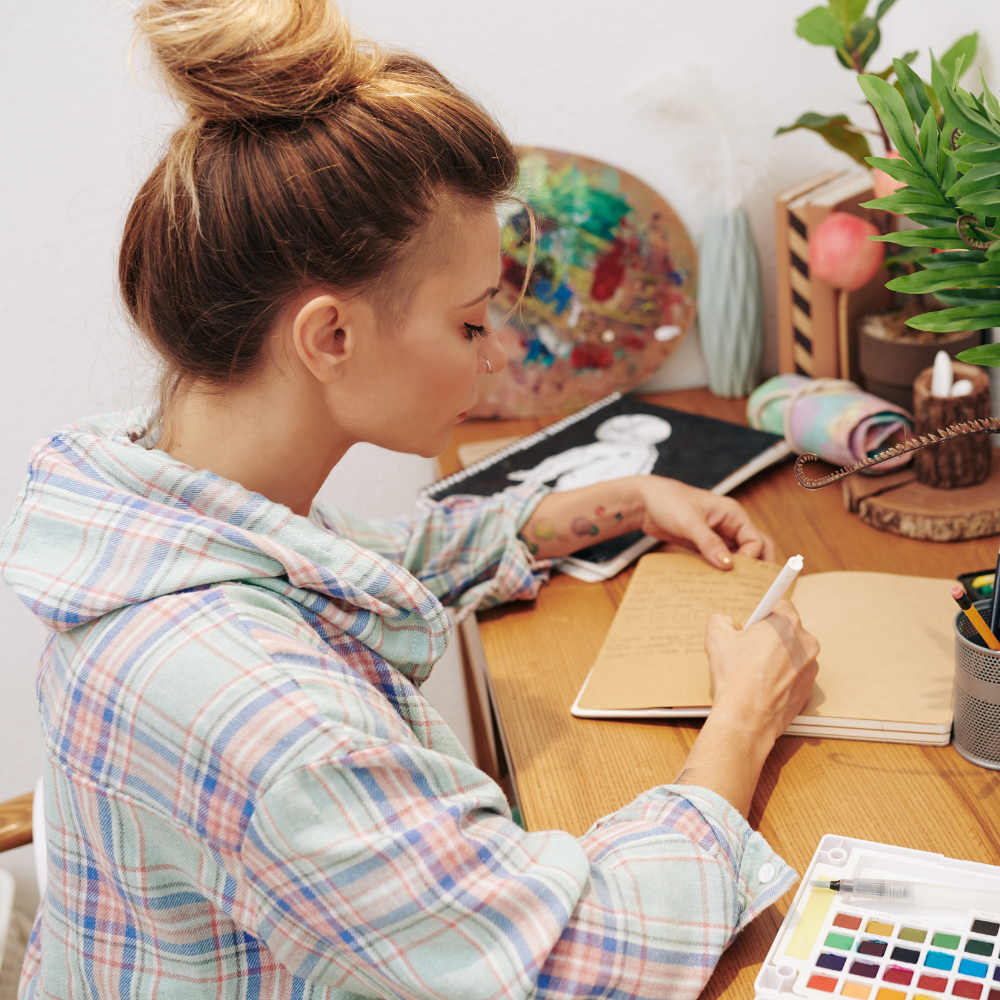

From Inspiration to Creation
Inspiration is everywhere - in nature's intricate patterns, in the rhythm of city life, in the pages of a book, or even in an overheard conversation, the key is to be open and receptive.
Search out creative experiences and engage your senses fully.
Go for a walk in the park, visit a gallery or museum, attend an open mic night - anything that will give you exposure to new ideas, perspectives and stories.
However, inspiration is only half the battle; it's important to remember that creativity is not just about finding ideas but also having the courage to act on them.
Rather than letting your ideas remain in the realm of 'what-if', take action and bring your vision to life.
Once you've found your inspiration, it's time to transform it into a tangible idea.
Identify the elements that you want to incorporate into your work and start sketching out a rough plan or outline.
The creative process often involves trial and error, so don't be afraid to let go of the idea if it doesn't work out; sometimes it takes multiple attempts before you find something that resonates with you.
Mind-mapping is a great technique to flesh out your thoughts.
Start with your central idea and branch out into themes, sub-themes, and details.
This can help you visualize your concept and make connections you might not have otherwise seen.
Once you have a clear vision of what you want to create, it's time to get started.
Gather the materials and tools that you need and start putting your ideas into practice.
Remember - creativity often requires patience and perseverance; don't give up if things don't go according to plan!
Don't be afraid of failure; instead, use it as a learning opportunity; new opportunities often arise from making mistakes.
Finally, take some time to reflect on the creative process and identify what worked and what didn’t.
Take notes on what works and what doesn't so that you can make adjustments for the next round.
This will help you fine-tune your craft and give you the confidence to face future challenges.
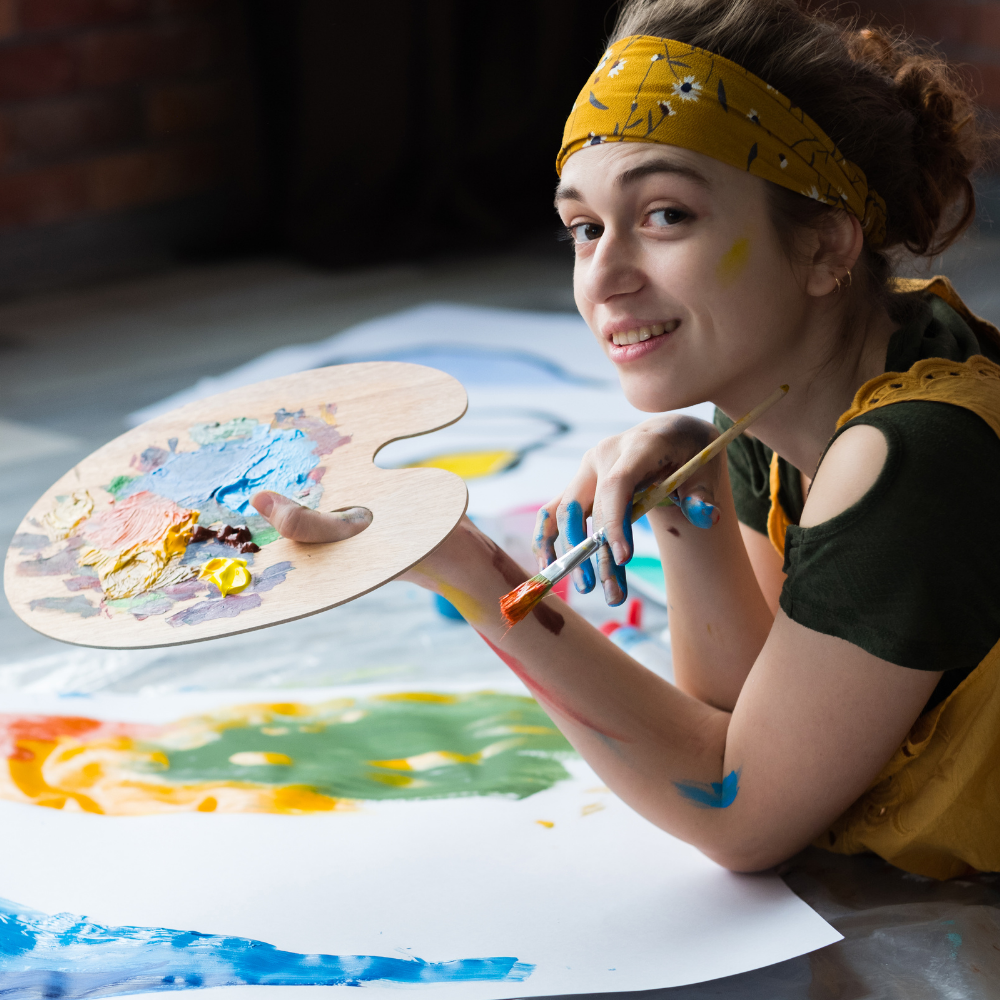

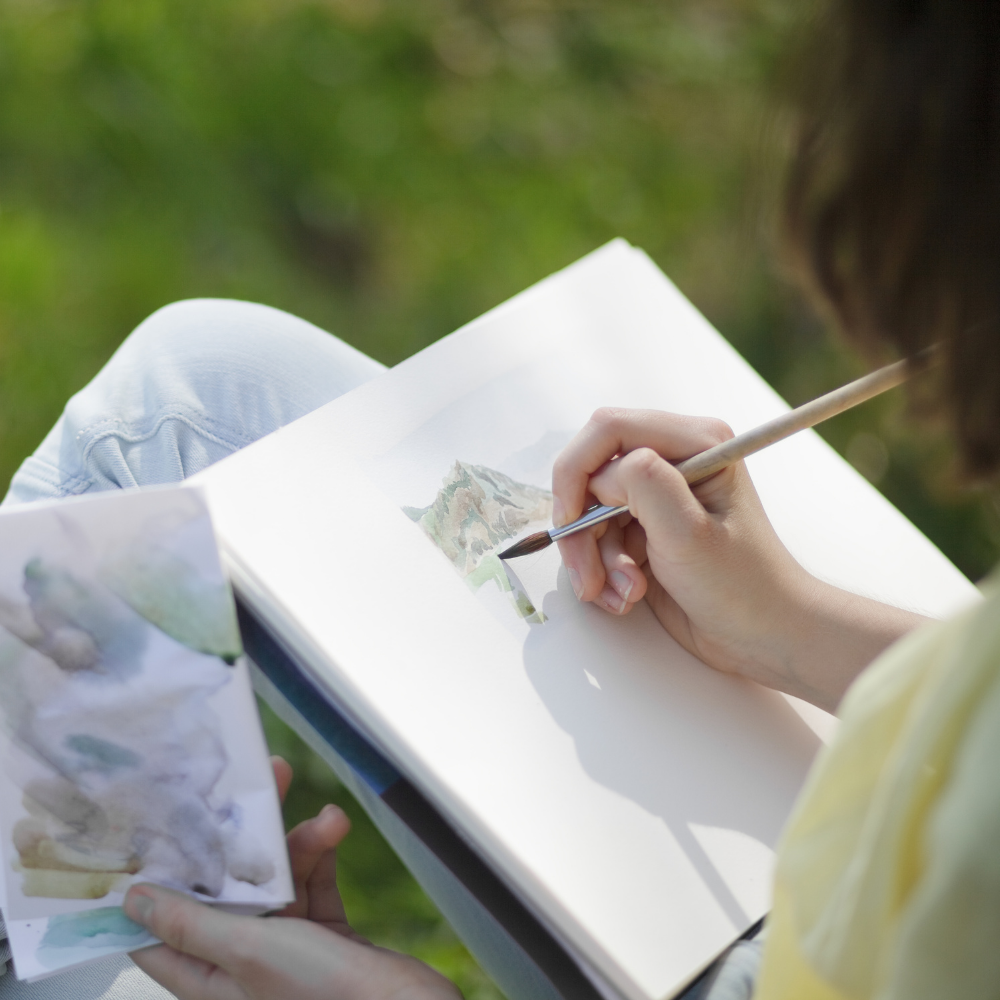
Building a Healthy Creative Practice
Consistency is critical in nurturing creativity, so establish a routine that works for you - it could be setting aside an hour each morning for brainstorming, or dedicating weekends to your creative projects.
Whatever your preference, make sure that you stick to it!
Having a dedicated space or corner for creative activities can also help - this will give you a sense of ownership and encourage you to be more productive.
Setting goals can also provide direction and motivation.
Ensure your creative goals are Specific, Measurable, Achievable, Relevant, and Time-bound (SMART), but don't forget to make them enjoyable, too, because creativity should be fun, not a chore!
Finally, creativity often thrives on collaboration.
Whether you're part of an artists' collective or just exchanging ideas with a friend, working together can help boost your creative juices and spur fresh perspectives.
Sharing ideas and discussing your work with others can also help you identify potential improvements, as well as provide valuable feedback.
Plus, it's always nice to have someone to cheer you on!
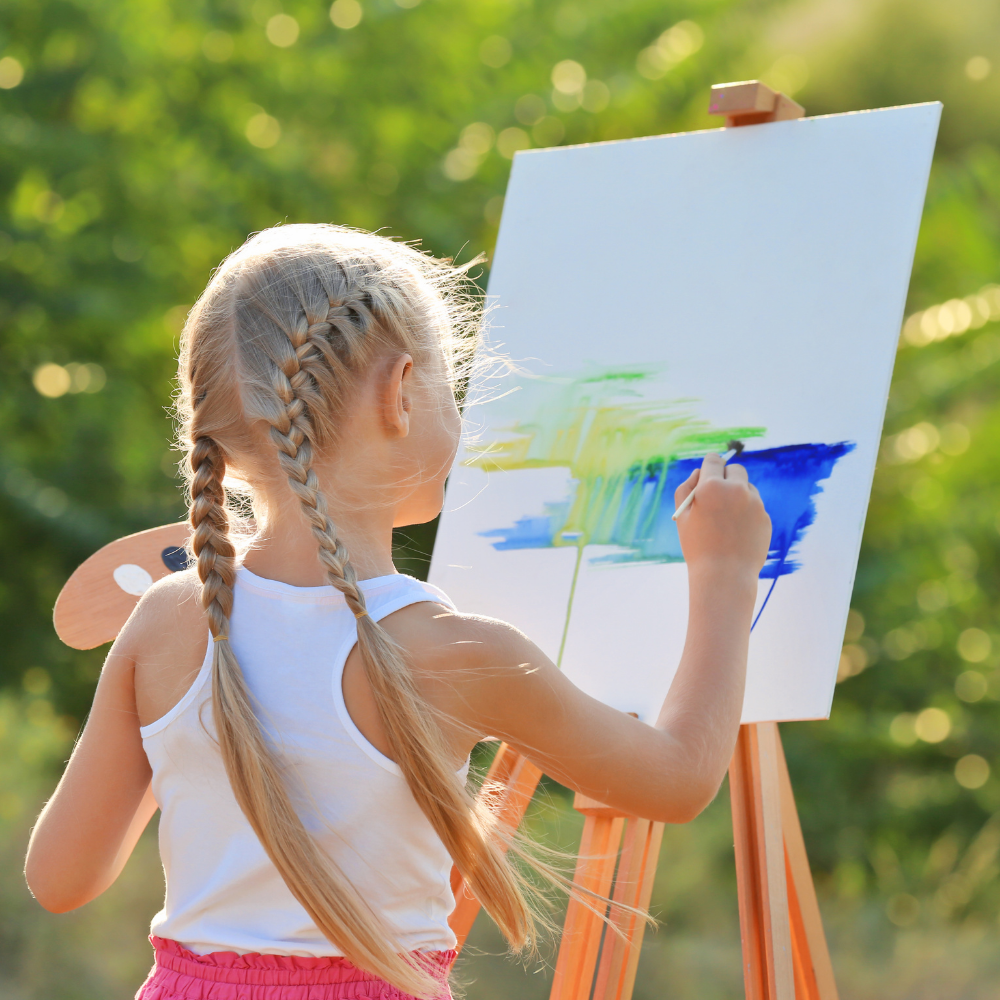


Overcoming Creative Blocks
Every creator encounters creative blocks at some point.
It's crucial to understand that this is a natural part of the creative process and not a sign of failure.
When dealing with your "inner critic," remember that perfection is not the goal; expression is, and if you're feeling burnt out, take a break.
If you find yourself stuck in a rut, try not to pressure yourself and just let it happen.
Sometimes taking a break is all that's needed - getting out of your comfort zone can also help you get back on track.
Take a walk or do some exercise - this will help clear away the cobwebs and give you a fresh perspective.
Engage in activities unrelated to your creative work to recharge your batteries.
You can also try talking to someone or distracting yourself with a different creative activity. If you're still struggling, consider seeking professional help - there is no shame in getting the support you need.
Fear of failure can be paralyzing.
But remember, every great creator has faced failure, and it's often through these failures that we learn and grow the most.
So, embrace your mistakes and view them as stepping stones on your creative journey.


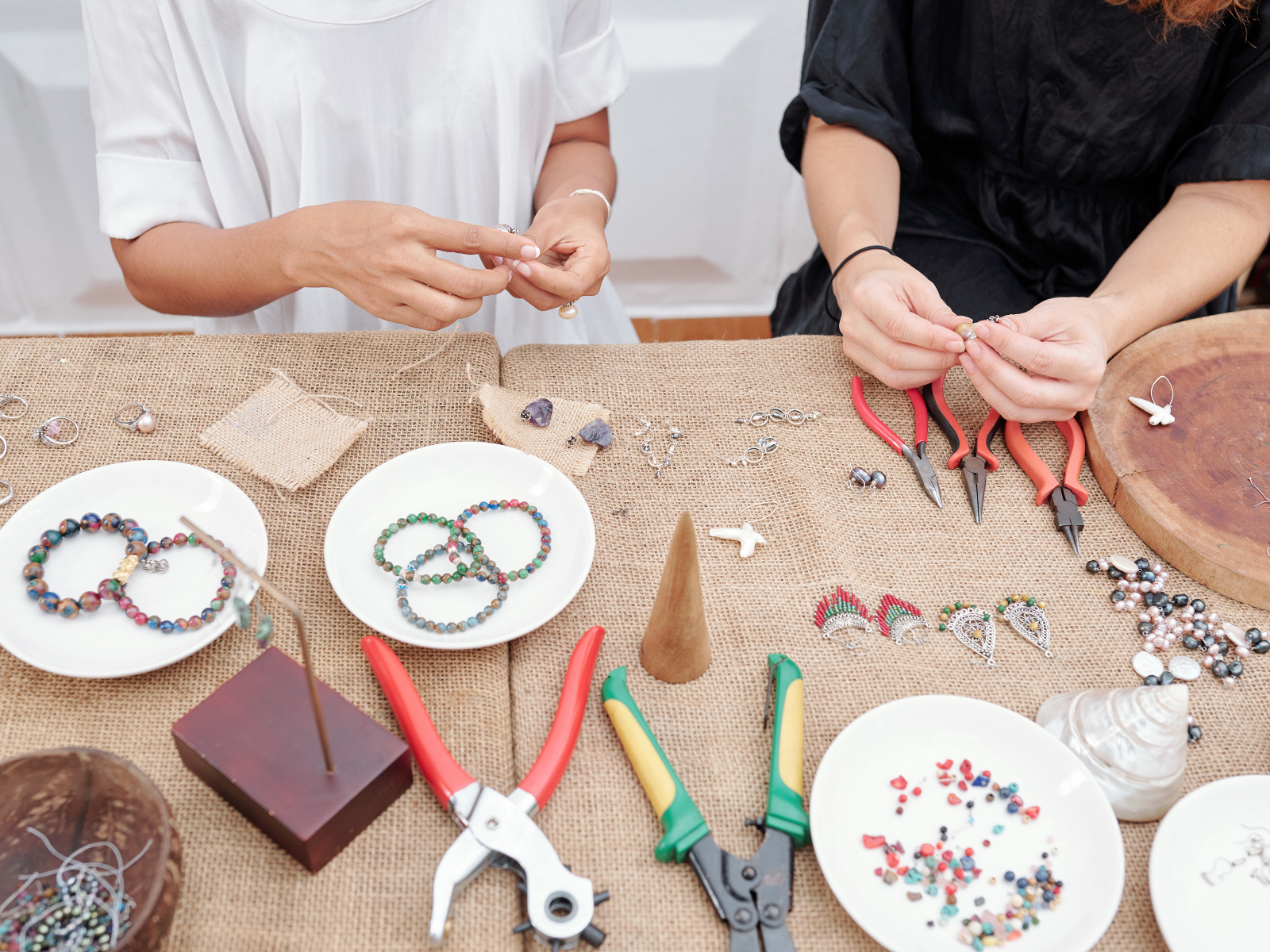
Experimentation and Practice
If you stick to the same ol' routine, you'll end up with the same ol' results.
Mix it up! Try painting with coffee instead of watercolors, or write a haiku instead of a sonnet.
Who knows?
You might stumble upon a style that screams YOU louder than ever before!
The best way to find your creative voice is through experimentation and practice.
So, don't be afraid to make mistakes - this is how creativity works!
Take the time to explore different mediums and techniques; learn from experienced artists and try new things that you haven't done before.
Innovation is key here, and the more you push yourself to try something new, the better you'll become at creating content.
As you experiment, keep track of your progress and document your journey - this will help you identify patterns in your creative process and learn from your successes and failures.
Most importantly, have patience with yourself - creativity is a marathon, not a sprint.
It's also important to remember that creativity takes time - don't expect instant results; instead, focus on honing your craft and building a solid foundation for success in the long run.
You'll never know what wonderful creations you are capable of until you give it a shot!
Keep practicing, even if your early works resemble a four-year-old's finger painting - it's all part of the journey!
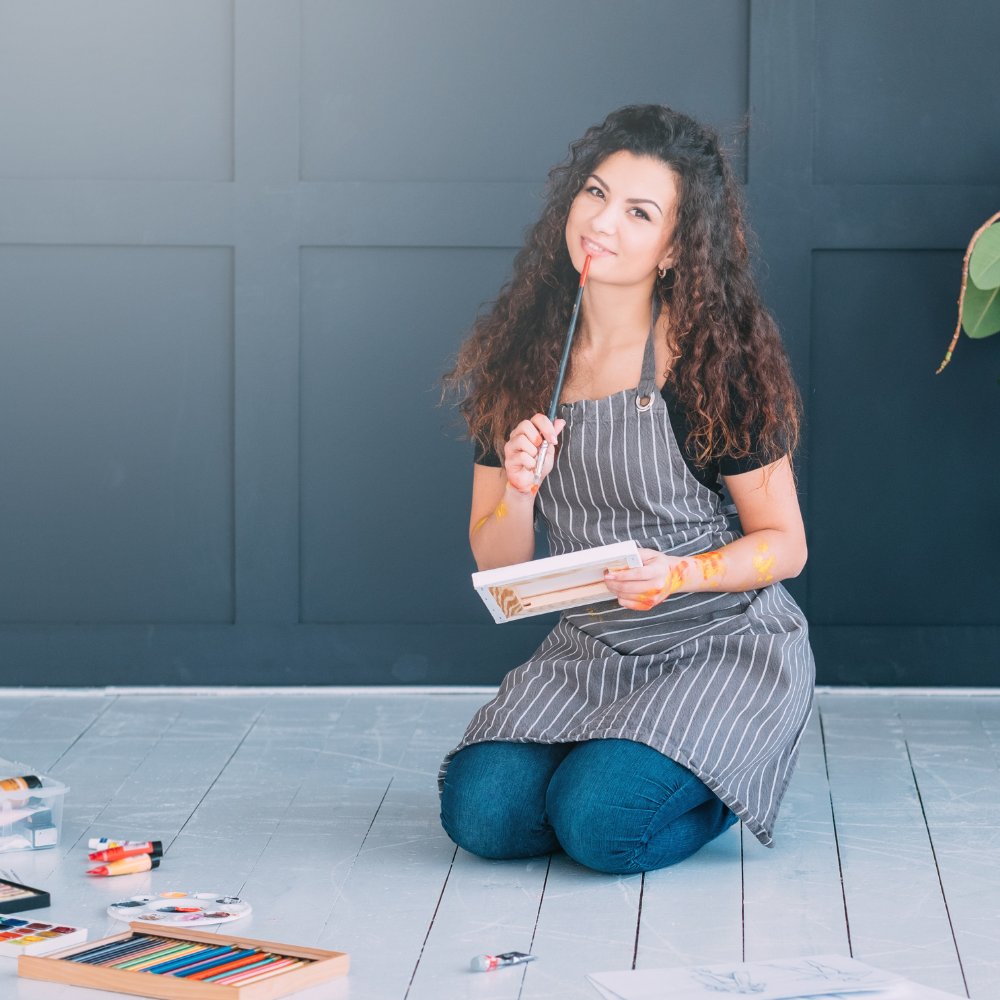
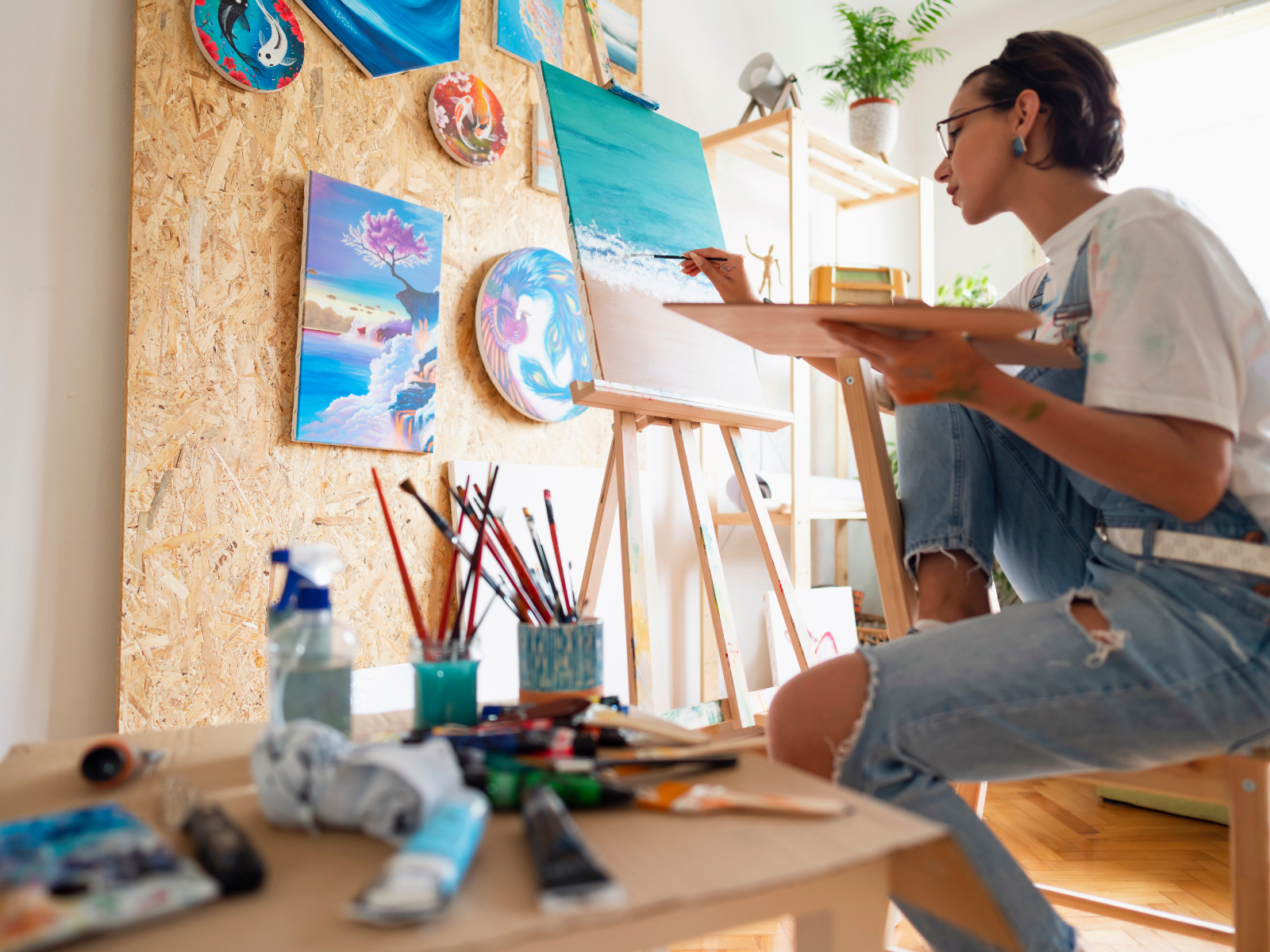

Growing and Nurturing Your Creative Talents
Continual learning is key to developing your creative ability and talent.
Attend workshops and seminars, read books, watch tutorials, or find a mentor in your field. Surround yourself with other creatives - their passion and ideas can be incredibly inspiring.
Explore other art forms to develop a better understanding of how they work and tap into potential sources of creative inspiration.
Create an online portfolio to showcase your work or join a community of like-minded people who share the same interests as you.
Your portfolio should be reflective of your creative style, so don't be afraid to experiment with different mediums and techniques.
Additionally, always have a plan in place for how you will promote your work - whether it's through social media, blogging, or other platforms.
Learn to trust yourself and your ideas.
Reflect on what works best for you and don't be afraid to take risks; the only way to unlock greater potential is to push the boundaries and discover what lies beyond them.
Keep pushing your boundaries; step outside your comfort zone and take on projects that challenge you.
Remember, creativity is a lifelong journey, not a destination.
Above all, find joy in your creative pursuits - it will keep you motivated and inspire others around you.
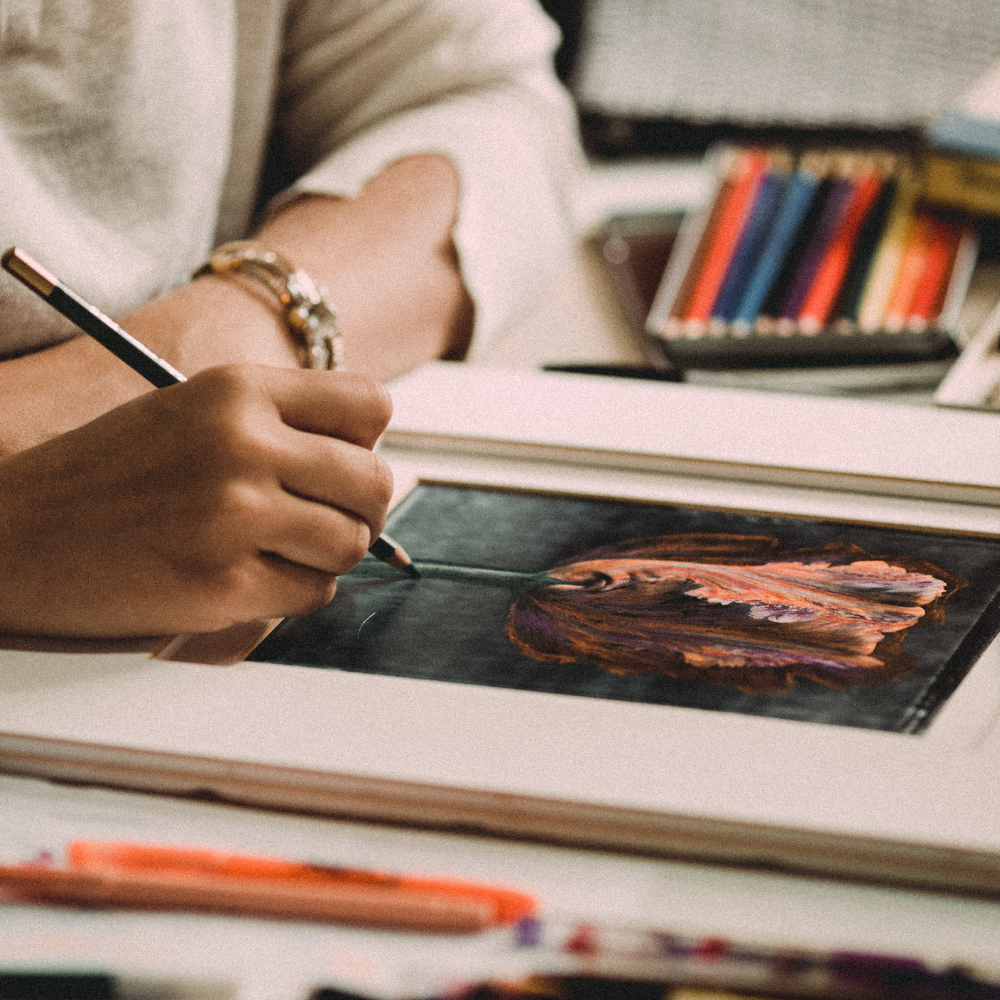

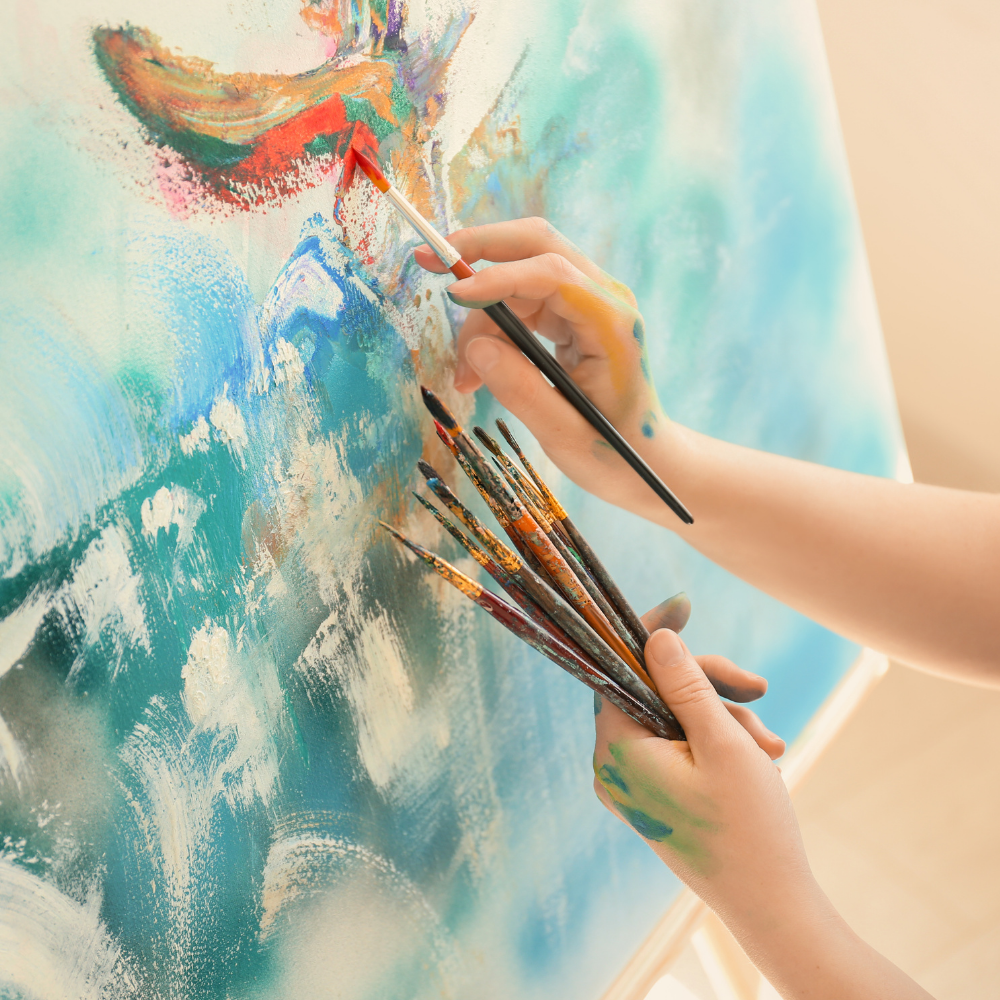
Tips for Getting Started
Take a deep breath and dive in!
You have all the tools you need to nurture your creative talents, so take the first step and start creating.
Find an activity that resonates with you and start putting pen to paper (or brush to canvas, or fingers to piano keys).
Your work will evolve and change over time, and that's okay - just keep creating!
Explore different forms of expression, experiment with materials and techniques, and don't be afraid to make mistakes.
Most importantly - stay true to yourself; your voice matters!
Never forget why you started in the first place and use it as fuel for your creative pursuits.
Keep learning, stay curious, and don't forget to have fun along the way.
If you're ready to start nurturing your creative talents, here are some tips and pointers to get you going:
- Playtime is Crucial:
It's impossible to let your creative juices flow when you're constantly anxious and stressed - the brain tends to shut down in these situations!
Schedule some playtime in your day to help loosen up, relax, and create.
Whether it's doodling, dancing, singing, or simply walking in nature, doing something that inspires you can do wonders in sounding the creative alarm in your brain.
- Mindful Meditation:
Believe it or not, meditation works wonders on getting creative brain juices flowing.
During meditation, you take deep breaths and clear your mind, allowing new thoughts to enter and ideas to form that you may have otherwise not thought of.
Just 10 minutes a day of mindfulness can generate a cluster of ideas!
- Keep a Creative Journal:
Journaling can be a helpful tool in unlocking your creativity.
Write down your ideas, feelings, and even draw sketches when a thought reaches your mind.
A few weeks later, you might stumble upon that notebook and get fresh ideas and inspiration to create new content.
Utilize the journal as an extension of your creativity and help flourish your imagination to new heights.
- Network with Other Creatives:
Networking with people who share your interests and hobbies can expose you to new ideas and inspirations.
You could take interaction online via Facebook groups or through real-life networking events where you can share advice, collaborate with other creators and be inspired by those who think alike.
You can comment on each other's artwork through critique, implement each other's feedback, see your creative works improve, and even develop a team of creators.
By connecting with other like-minded people, you can learn from one another and therefore nurture your creative talents even more.
- Follow Your Passion:
It's important to find something that you're passionate about and focus on it.
Don't try to do everything at once - pick an area of interest and dive deep into it.
This will help you develop a deeper understanding of the craft, hone your creative skills, and get inspired from others within that field.
Value yourself enough to take time off and make sure that you don't burn out on something that's not worth your energy.
Following your passion will also help you stay motivated and creative!
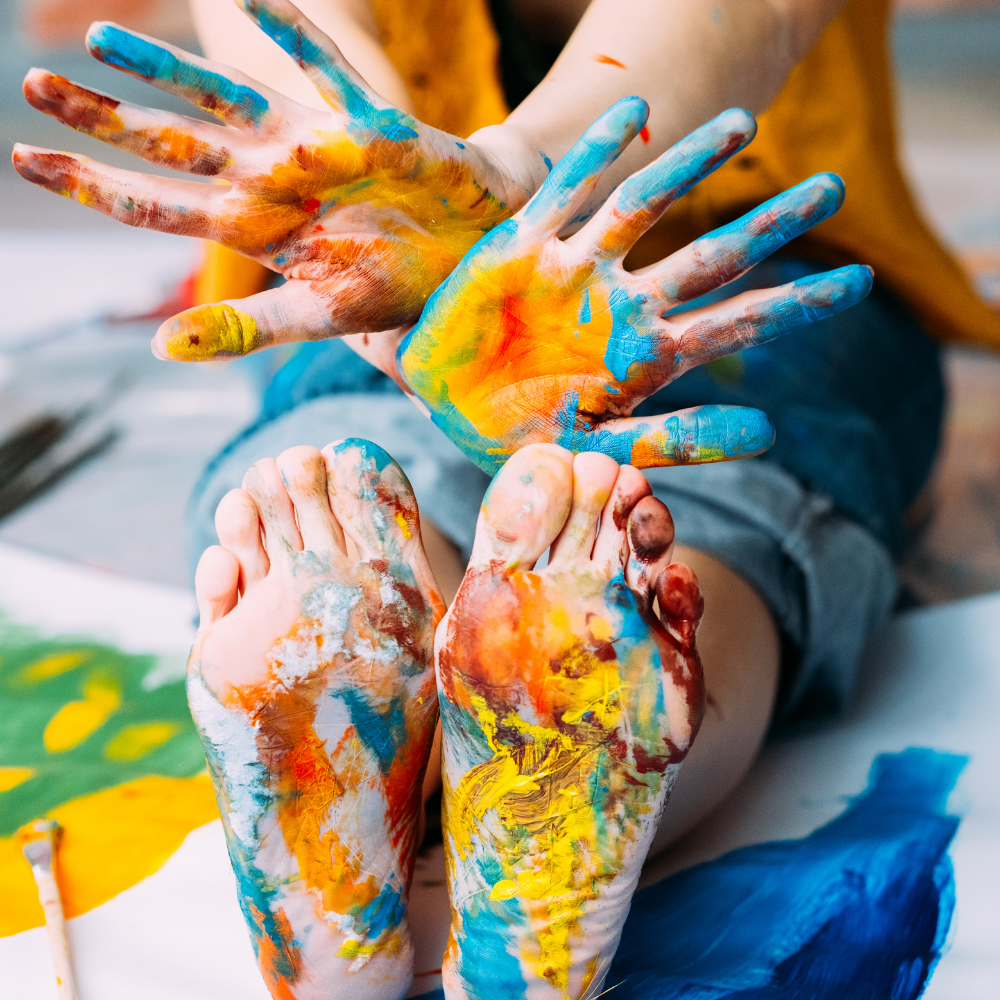

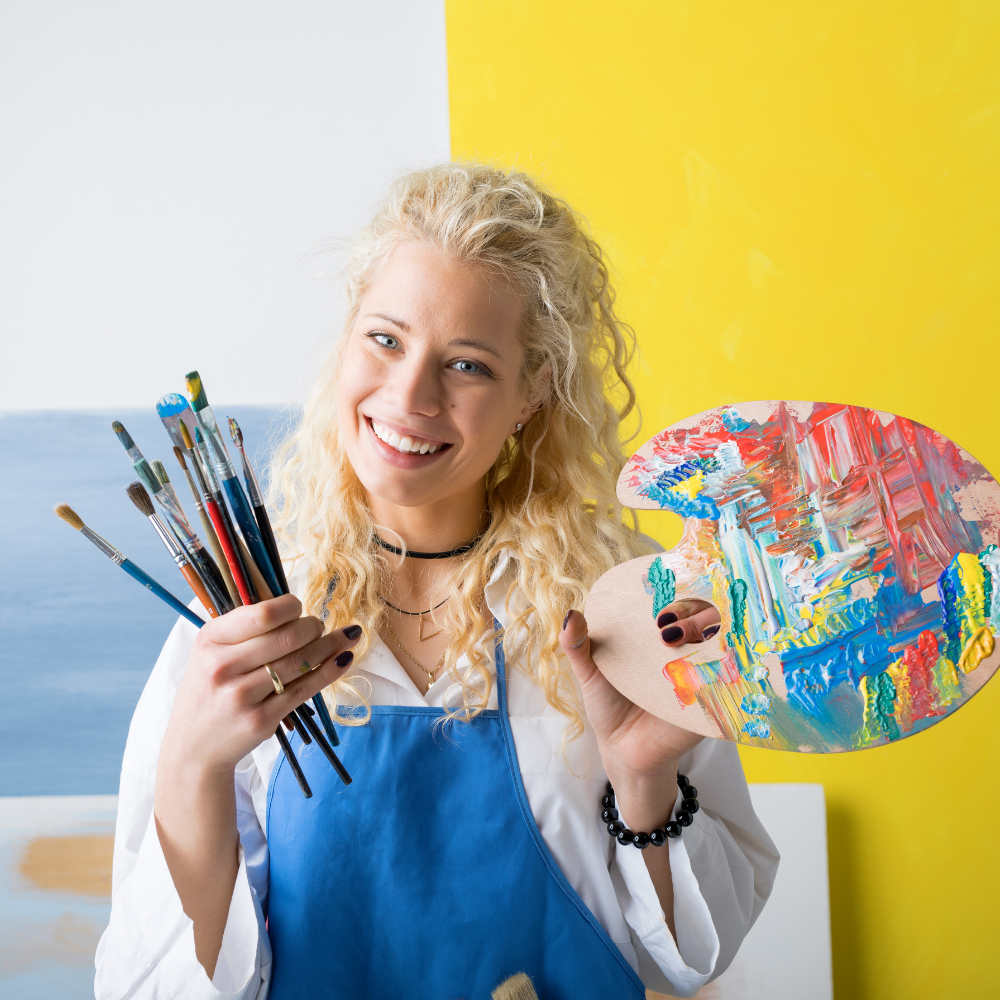
- Let Yourself Take Risks:
Being creative means stepping out of your comfort zone and taking risks.
Don't be afraid to experiment with different methods, try different styles, or make mistakes.
One wrong decision can lead you to the right one, which could lead to something great, so remember, making mistakes is a part of the creative process.
Create a space dedicated to your creative pursuits; it can be anywhere - from a corner of your bedroom to an entire room - create the environment that best suits your needs and sparks creativity.
Fill it with things that inspire you - books, art supplies, music and whatever else helps you stay motivated.
This space will help you get into the right mindset and focus on your creative projects.
- Prioritize and Establish a Routine:
Set aside time for creative activities; even if it's just 10 minutes per day, make sure you carve out some time to pursue these activities.
Organize your tasks, prioritize, and manage your time wisely; set deadlines that you can realistically achieve and make sure they are in line with your goals.
Having a routine will help keep you focused and motivated, while setting achievable goals will help ensure progress.
And don't forget to make time for fun!
Take a break from work every now and then to get your mind off things, see a movie or go for a walk to clear your head.
Creativity is fueled by passion, so make sure you enjoy the process.
If it stops being fun, that's when you need to take a break and come back with fresh energy!
- Celebrate Small Victories:
Creativity is often a long process and can be quite a struggle.
But no matter how small, it's important to acknowledge even your smallest of successes and give yourself credit for them.
This will help you stay motivated and inspired to keep going!
By taking the time to celebrate these milestones, you'll be able to remain in control of your creative pursuits and build upon your successes.
- Finding Balance:
Finding balance between creative work and other aspects of life is essential in nurturing creativity.
Make sure to carve out enough time for friends and family, as well as taking part in activities that help you relax and recharge such as yoga or even video games!
You'll find that having a healthy balance between your creative work and other aspects of life will help you stay productive, motivated and inspired.
By taking the time to nurture your creative talents, you can unlock a world of potential - use this guide as a starting point for creating something meaningful and make sure to have fun along the way!
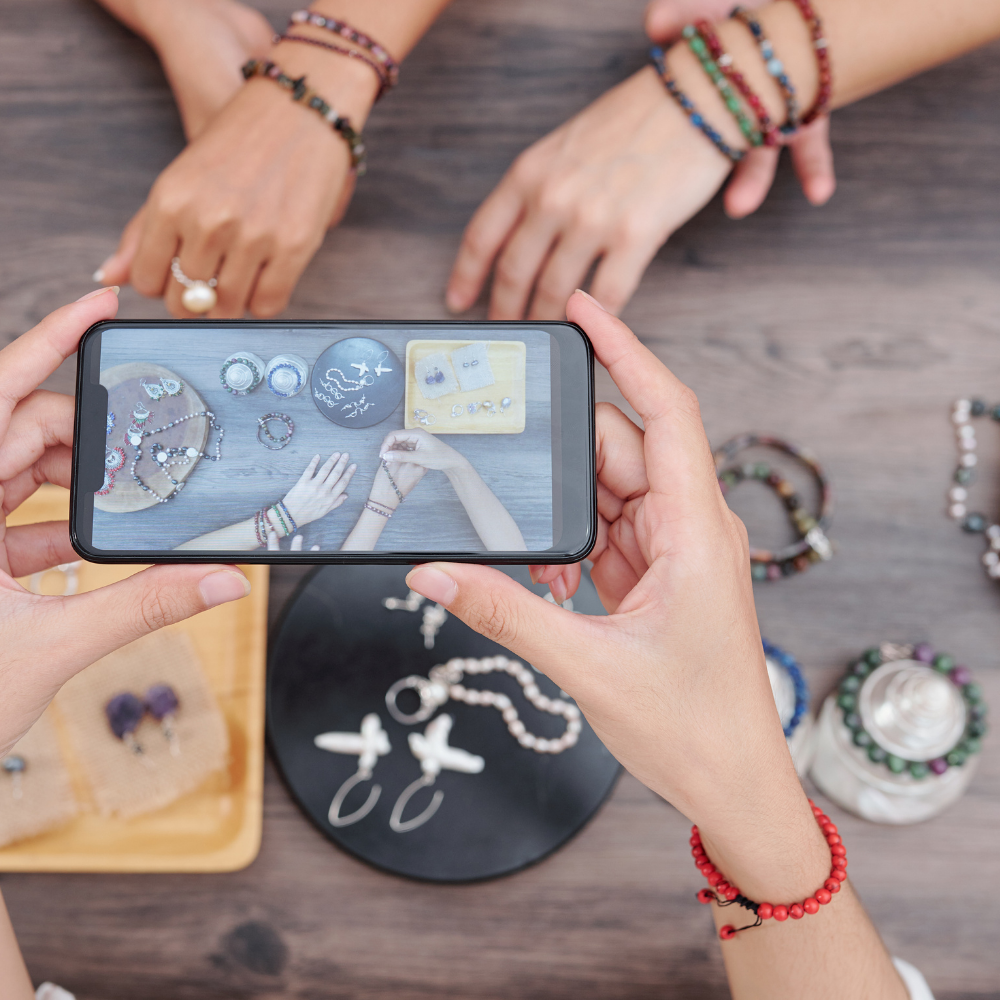


Nurture and Grow Your Creative Talents
Creativity is something that should be nurtured and celebrated, not feared or repressed.
It's a unique combination of skills and talents that can help you express yourself in the best possible way - use this guide as a starting point for unlocking your creative potential and start creating!
Above all, remember that creativity isn't about perfection and nor is it a science; it varies from person to person.
It's about expressing yourself and having a blast while you're at it.
There is no right or wrong way to be creative, but there are many ways to help you examine and nurture your talents.
By trying these tips, you'll go from a passive admirer of creativity to a proactive creator who can declare their gifts confidently.
Remember to set goals, experiment with different mediums and techniques, take breaks to relax and recharge, network with other creatives, and remember why you started!
Creativity is a lifelong journey; so keep learning, stay curious, and don't forget to nurture your creative talents.
Once you commit to nurturing your creativity, the sky's the limit in terms of the kind of content you can create!
So, go ahead, let your creative juices flow, and most importantly, have fun!
Happy creating!



Ready to unleash your creativity? Check out TED's video!
Want even more content about creativity and art?
Be sure to check out all of our creative chronicles!
Interested in exploring your creative side?
Check out some of our other articles:
-Nourishing your creative soul
